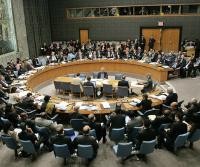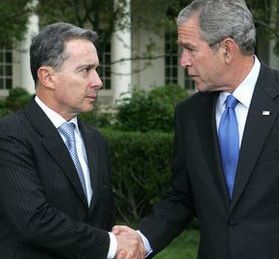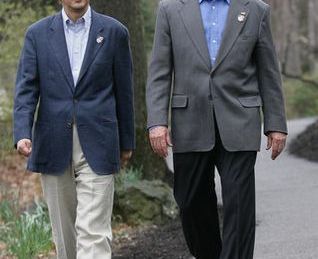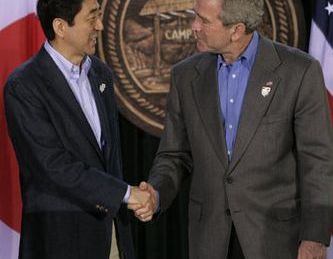
Last week, the International Atomic Energy Agency reported once again that Iran had defied U.N. Security Council demands to stop enriching uranium. And in response, the United States once again demanded that international sanctions against Iran be made more severe. This call for sanctions — which has become routine by now — would be a lot more credible if it were not for a one embarrassing fact: The United States now lags many other countries in enforcing sanctions that the U.N. Security Council has already approved. One of the few real penalties to survive previous rounds of council negotiation over […]




